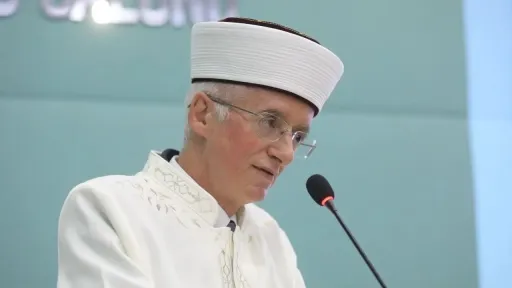General elections; why and when?

Prime Minister Kyriakos Mitsotakis has returned from last week’s NATO Summit aware that international developments may decisively determine whether elections will take place in spring 2023, as he has insisted thus far, or as early as September.
The second factor is the moves that Turkish President Recep Tayyip Erdogan, himself facing elections, both for the presidency and the parliament, in 2023, will make. Will he heed US President Joe Biden’s strong admonition to avoid tensions in the Aegean Sea? Or will his sometimes incendiary rhetoric lead to an actual escalation?
In any case, given that Greece faces a double election due to its electoral laws – which ensure that no party will have an overall majority in the next Parliament – Mitsotakis does not want a situation to develop whereby a caretaker government, in between the two elections, has to face a crisis with Turkey.
The Greek delegation at the NATO Summit became fully aware of a troubling reality: both Moscow and Kyiv are very unlikely to compromise and agree to a ceasefire. And the United States appears in no hurry to see hostilities end soon.
In the very likely case Russian President Vladimir Putin decides to put the energy squeeze on Europe, costs for households and businesses will continue climbing.
And while Erdogan is still refusing to meet Mitsotakis, he has dropped hints that he is not interested in an escalation. “In politics, yesterday is yesterday and today is today,” the Turkish president told NBC News after meeting with Biden, of whom he had spoken harshly in the past.







